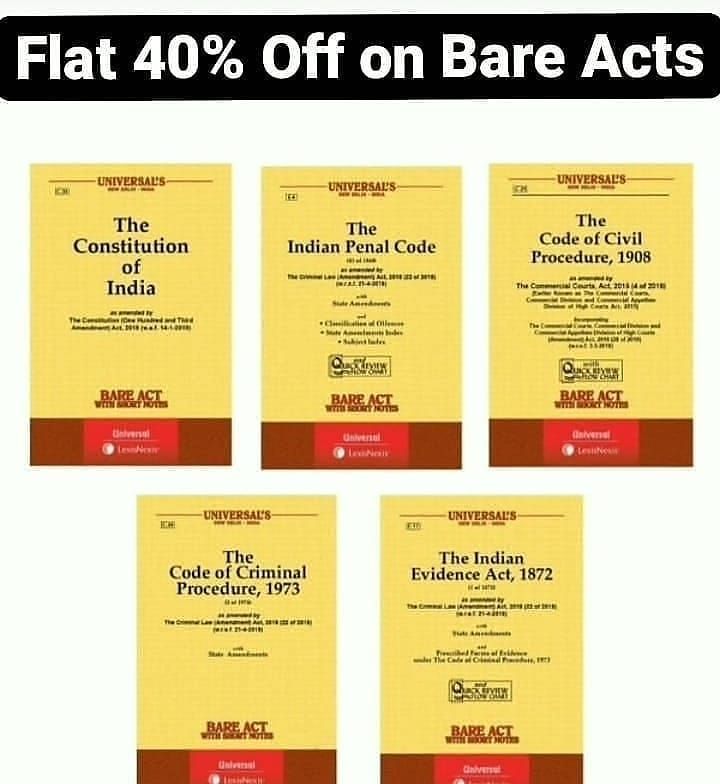The Bombay High Court on Wednesday directed the Maharashtra government to submit details of all FIRs registered and arrests made during the Covid-19 pandemic and inform the court about the present crime rate in the state.
The direction came after the state’s counsel, Advocate General Ashutosh Kumbhakoni, told the HC that while orders of the state high-powered committee were being followed on granting emergency parole to eligible inmates in a bid to decongest prisons during the pandemic, jails across the state were still crowded.
Kumbhakoni said the “crowd in prisons was not being reduced due to new arrests”.
He said following the HC’s orders passed over the last two months on decongesting prisons and following Covid-19 safety protocols in prisons, 2,168 inmates from seven prisons in the state had been released on interim bail as per the high-powered committee’s guidelines.
After the HC’s orders, vaccination drives for prison inmates and staff had increased, he said, adding that more prisoners were being tested for Covid-19 and the number of active cases among inmates has now come down to 114.
He further told the HC that 26 prisoners, who were eligible for emergency parole, were yet to apply for the temporary release.
Last month, Kumbhakoni given the instance of these 26 prisoners to say that even though eligible for parole, they had chosen to stay in the prison for reasons like fear of being unable to sustain themselves outside, lack of a place to stay or secure meals for themselves.
However, on Wednesday, a bench of Chief Justice Dipankar Datta and Justice G S Kulkarni said the state must address the issue of overcrowding in prisons.
The court said prison population swells because police make arrests. So, they have to be sensitised about the guidelines made in Arnesh Kumar judgement, the court said.
“In case some of them are first time offenders, forced into a life of crime because of loss of job due to the pandemic…jobs and employment are an issue now. So they may steal food…basically, first time offenders. Putting them in jail is not going to solve the problem,” the HC said.
The Arnesh Kumar judgement mentioned by the bench refers to a 2014 verdict of the Supreme Court, where it said to ensure police officers do not arrest accused unnecessarily and magistrates do not authorise the detention casually and mechanically, specific directions must be followed.

These directions included instructions to police officers not to automatically arrest when a case is registered under offences where the maximum punishment is seven years or less, but to be satisfied first with the need to arrest as elaborated in the Criminal Procedure Code (CrPC).
The HC bench led by Chief Justice Datta said the state prison authorities must also address the issue of vacant sanctioned post for doctors and medical staff in prisons.
The prison authorities must also devise a system to segregate inmates above 45 years of age, or who had co- morbidities, from others, and to vaccinate them, he said.
“We are concerned about the lack of doctors and medical staff in prisons. As an ad-hoc arrangement, can some doctors visit at least once a day for two hours? Doctors can be sent on rotation,” the HC said.
It also took note of the submission made by senior counsel Mihir Desai, the amicus curiae in the case, that not enough RT-PCR tests were being conducted in prisons.
Desai cited the instance where an inmate (Jesuit priest Stan Swamy) at the Taloja prison in Navi Mumbai was admitted to a private hospital where he tested positive for the coronavirus.
Before being admitted to the hospital, the inmate underwent a rapid antigen test in the prison and he had tested negative for the viral infection.
At this, the HC said there had to be “some mechanism” where prisoners were tested, segregated, and those with co- morbidities or those above 45 years of age needed to be vaccinated on priority.
The HC was hearing a Public Interest Litigation (PIL) taken up suo motu (on its own) on the spread of Covid-19 among prison inmates and staff.
Professor Vijay Raghavan of the Tata Institute of Social Sciences, who is assisting the HC in the PIL, told the court that prison inmates could not be taken for admission to civil hospitals in neighbouring Thane, Kalyan and Navi Mumbai.
Thus, all of them were required to be brought to the state-run J J Hospital in Mumbai, he said.
The HC asked the state government to respond to the above concerns.
It will continue hearing the PIL on June 10.
Source Link




